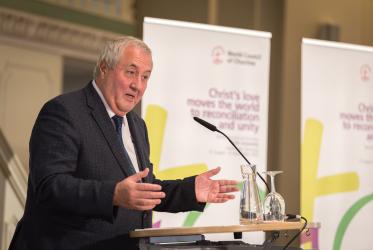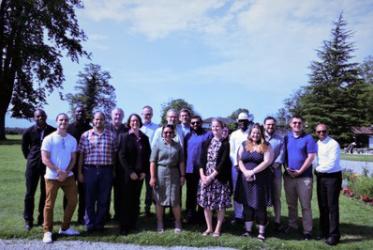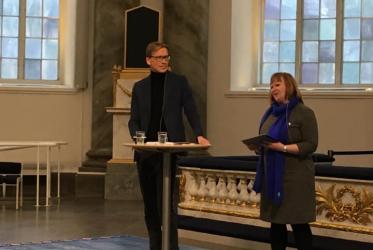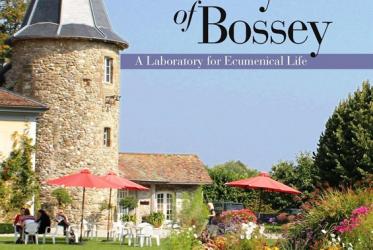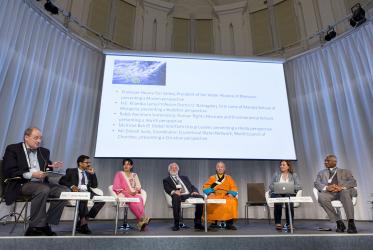Displaying 1 - 20 of 28
Erhard Hermansen: “The church in South Sudan needs our prayers"
09 September 2019
Bossey gathers students for interreligious dialogue
02 July 2019
Ecumenism is a sense of belonging
08 February 2019
Bossey alums praise its 70 years of ecumenical formation
13 October 2016
Book launch will feature The Story of Bossey
30 September 2016
Hielke Wolters: Apostle of mission strategies
01 August 2016
Religion: Way of war or path to peace?
30 June 2016


